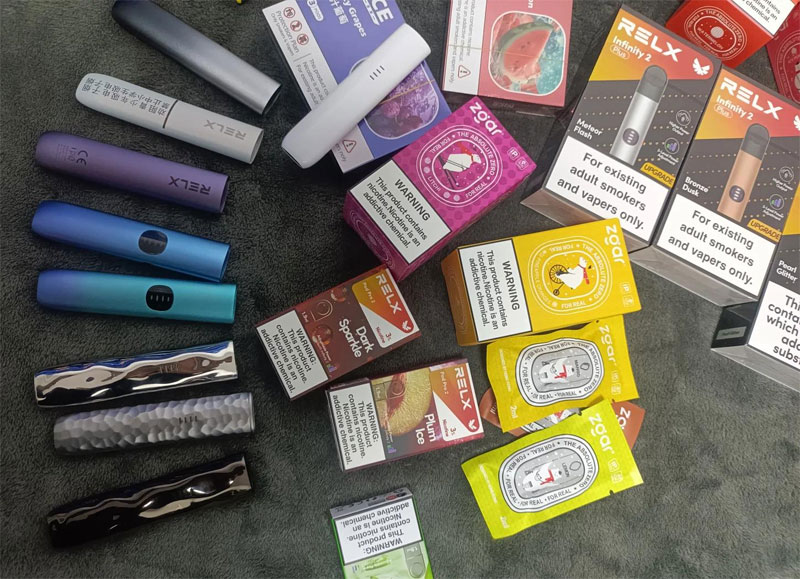As the year 2025 approaches, understanding South Korea’s e-cigarette import regulations becomes increasingly crucial for manufacturers and consumers alike. South Korea has always been at the forefront of public health policy, and its stance on e-cigarettes is no exception. The regulations governing the importation of e-cigarettes into South Korea are detailed and intended to uphold health standards while addressing the growing popularity of these products.
E-Cigarette Market Dynamics
The e-cigarette market has expanded dramatically worldwide, and South Korea is no stranger to this trend. However, the country has imposed stringent controls on imports to ensure that only safe and approved products make it to the hands of consumers. In 2025, South Korean authorities will continue to enforce rigorous testing and compliance checks that manufacturers must adhere to before their products can enter the market.

Import Regulations in Detail
South Korea’s import regulations on e-cigarettes are designed to ensure the highest quality standards. These regulations include specific criteria related to product ingredients, manufacturing practices, and labeling requirements. South Korea stipulates that all imported e-cigarettes must undergo comprehensive quality inspections. These inspections focus on nicotine levels, chemical composition, and potential carcinogens to safeguard consumer health.
Significance of Compliance
Compliance with these import regulations is not only mandatory but beneficial for manufacturers aiming to establish themselves in the South Korean market. Brands that meet the compliance requirements are better positioned to access a robust consumer base seeking safer alternatives to traditional tobacco products. The South Korean government has also implemented initiatives to educate consumers on the benefits and risks associated with e-cigarettes, further supporting informed choices.
Future Outlook

The landscape of e-cigarette regulations in South Korea in 2025 reflects a commitment to balancing public health with innovation. As technology evolves, it is expected that the criteria set by the health authorities will adapt to accommodate new scientific findings while maintaining stringent safety measures. Therefore, manufacturers should stay informed of any regulatory updates to ensure the continued legality of their products in the South Korean market.
FAQs
Q: How do South Korea’s regulations affect international e-cigarette brands?
A: International brands must comply with South Korea’s stringent safety standards and undergo rigorous testing to ensure their products are approved for import.

Q: What happens if an e-cigarette fails the compliance checks?
A: Products that do not meet the regulatory requirements are barred from importation, and manufacturers may be subject to penalties or fines.
Q: Can new regulations emerge after 2025?
A: Yes, as scientific research advances, South Korea may update regulations to reflect new health findings and technology changes.
